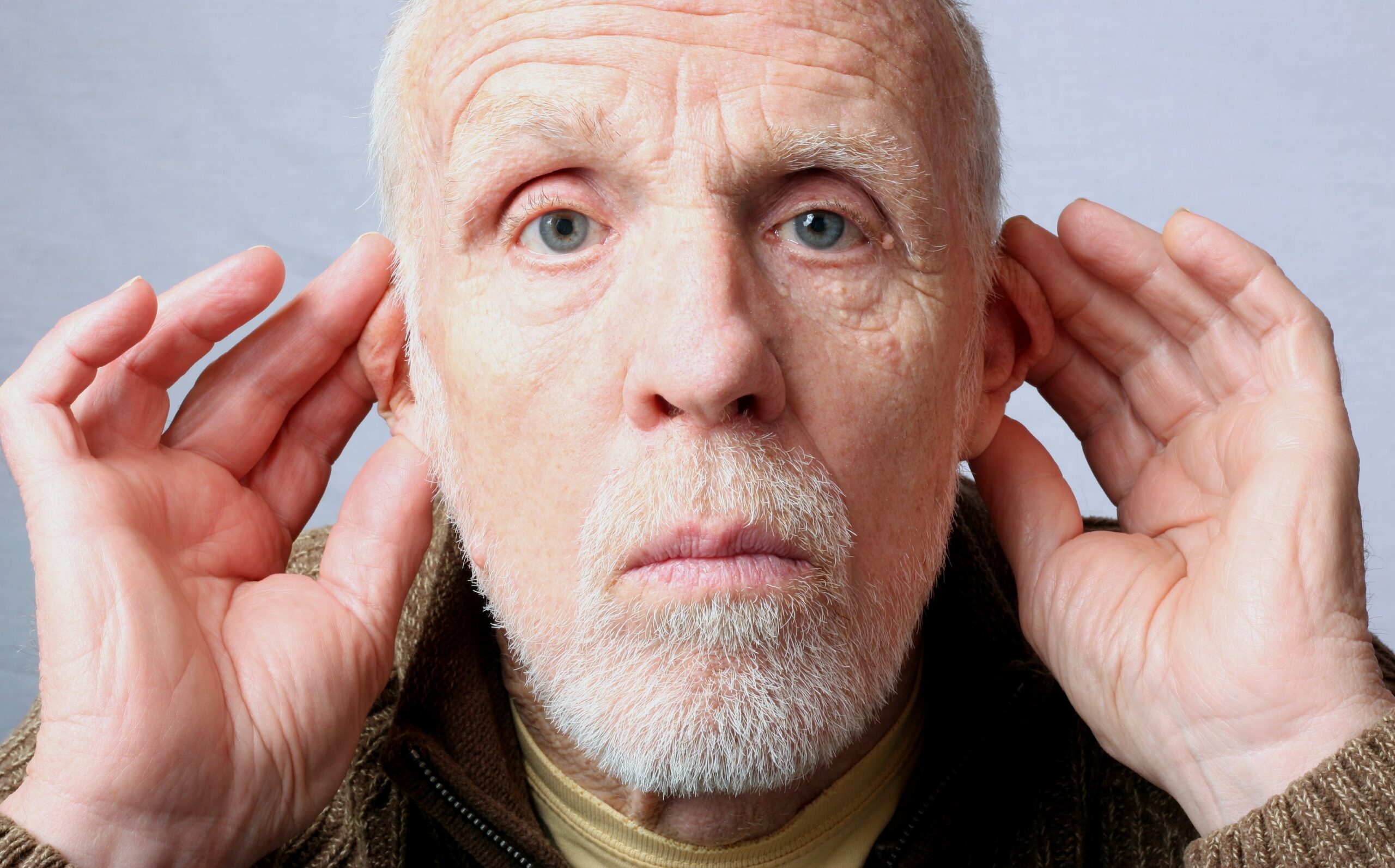Loud And Clear: Sales Of Over-The-Counter Hearing Aids Are About To Begin
October 12, 2022

Back in August, we heralded their arrival: that’s when the FDA granted final approval for the sale of over-the-counter hearing aids. With the promise of a competitive market, leading to more hearing aid options at reduced prices, it’s been anticipated that access to over-the-counter hearing aids will allow millions of older adults to finally obtain help for their mild-to-moderate hearing loss. Even though traditional Medicare still won’t be paying for these devices (and still doesn’t usually pay for a visit to an audiologist) these new over-the-counter options should mean that the financial barrier preventing so many from accessing help will be lowered for a significant portion of our senior population.
So what should you expect in the coming days with regard to these new hearing aid options? Beginning next Monday, October 17th, many of the major pharmacy chains and big box stores will have available at least some over-the-counter hearing aid options, both in person and online. For example, Walgreens has stated it will make Lexie Lumen hearing aids available without prescription on Oct 17th for the price of $799 (often prescription hearing aids cost several thousand dollars for each one). Walgreens has stated that a professionally trained hearing specialist will be available to help, along with access to experts via video or phone calls after the purchase. Walmart also said they will start making some products available at their vision centers as well as on Walmart.com, beginning at the price of $200. It appears CVS is already offering one brand online and plans to expand to its retail stores in the near future. It’s also been reported that Best Buy plans to open hearing centers in more than 300 retail stores by late October, to be staffed by trained salespersons and with prices ranging from $200-3000.
These reports may lead you to feel excited with anticipation, but as Paula Span recently cautioned in her New York Times column, expectations should probably be tempered, at least for the first several months. It will probably take a while for the market to shake out, for viable and quality options to be accessible and for prices to drop sufficiently to make them truly affordable. Moreover, while the benefit of these new options will hopefully reduce some of the stigma of using a hearing aid and allow people to seek help sooner than they might have otherwise, many will still face the dilemma of trying to determine how much of their hearing may be lost and what type of help would be most appropriate. That is, how do you know if you have mild-to-moderate hearing loss that would be helped by an over-the-counter aid or whether, in fact, something else is going on? Experts suggest that if you have trouble hearing in noisy environments or are regularly asking others to speak up or repeat what they said, chances are an over-the-counter hearing aid would be helpful. However, if you have sudden hearing loss, hearing loss in only one ear, or ringing or pain in your ears, then you may be better served by seeking out an audiologist, who may be able to better diagnose what’s going on (and can always recommend an over-the-counter device if that eventually seems like the right solution for you). Furthermore, Paula Span warns that getting one of these new hearing aids will not be like getting drug-store reading glasses: it may take a while to find the right fit (which makes it all the more important that you know the return policy) and your hearing won’t magically return to the way it used to be before your hearing problem started: you may hear better with the aid but you likely won’t hear the same as when you were a younger person. For some additional tips and recommendations regarding over-the-counter hearing aids, take a look here.
Understandably, not all prescription hearing aid companies are planning to embrace the over-the-counter market, and not all audiologists are happy with this new option. As one expert stated, “Most individuals aren’t aware of how their hearing abilities register or what is responsible for their hearing loss.” Even if you plan on purchasing one of these less expensive models, you may still want to first consult an audiologist for an analysis of what your precise hearing problems are. Nonetheless, if you’re determined to ”go it alone,” there are online options to help you decipher what level of hearing loss you have. For example, there’s a phone app called Mimi Hearing test to help you determine the extent of your hearing loss. The Johns Hopkins Cochlear Center for Hearing and Public Health has also created a website called “Hearing Number” to help you analyze and track your hearing health. Rember, hearing loss is not just an inconvenience: it’s a serious health problem that can have implications for your physical and emotional well-being. These new over-the-counter options are a great innovation and will hopefully help millions of people hear better- but when serious problems arise, it may still be best to seek out professional advice and expertise.







